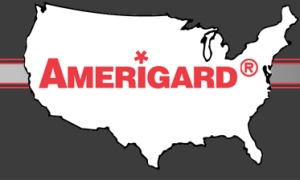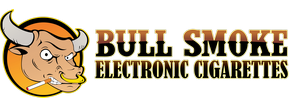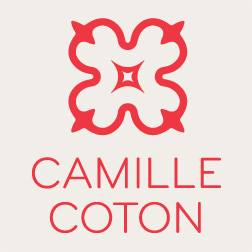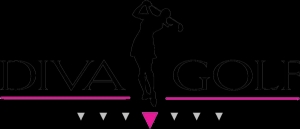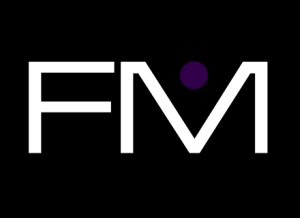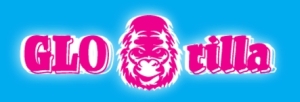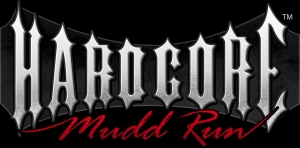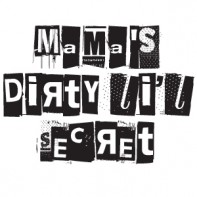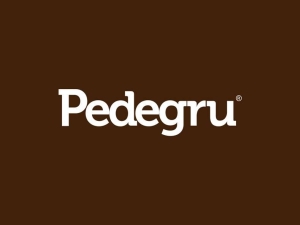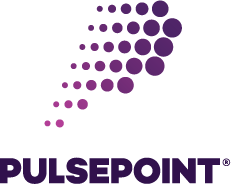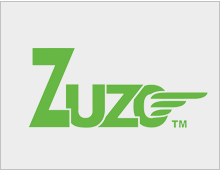In order to function as a trademark, an adopted word, phrase or symbol must be distinctive. Distinctiveness is the thing that transforms an ordinary turn of phrase into a brand, capable of identifying the source of goods or services. In some sense, distinctiveness can be thought of as uniqueness, as in the case of “fanciful,” i.e., coined trademarks. These are marks like TWITTER, GOOGLE, and MICROSOFT, which are made up words. Distinctiveness can also exist when one uses an ordinary dictionary word in a way that has no connection to the meaning of the products or services being sold, e.g., APPLE for computers or mp3 players, or DELTA for an airline. In some cases, the distinctiveness arises because of the leap of logic that is required to associate the trade mark with the goods or services being sold. SUGAR for a dating service, or ROACH MOTEL for a roach trap are examples. All of these types of distinctiveness are thought to be inherent, meaning that nothing more is needed to make such marks distinctive.
Some trade marks begin their life cycle as descriptive marks, which are not distinctive. Marks that merely describe a good or service are not entitled to registration on the Principal Register, however, they can acquire distinctiveness through use. Marks comprised of last names, such as MACY’S and BLOOMINGDALE’S, and geographic marks, such as BROOKLYN BREWERY, began their lives as descriptive marks, but acquired distinctiveness through use in commerce. Other marks that describe an aspect of the goods or services offered, such as BANK OF NEW YORK for banking services, or REGISTER.COM for a company that registers domain names, also started out lacking distinctiveness, but have become well-known brands. And that’s really the key to distinctiveness, the ability of a trademark to identify a brand.
While some companies prefer to adopt inherently distinctive marks, others prefer to choose names that describe their offerings. A trademark attorney can assist you to know which is right for your company.
